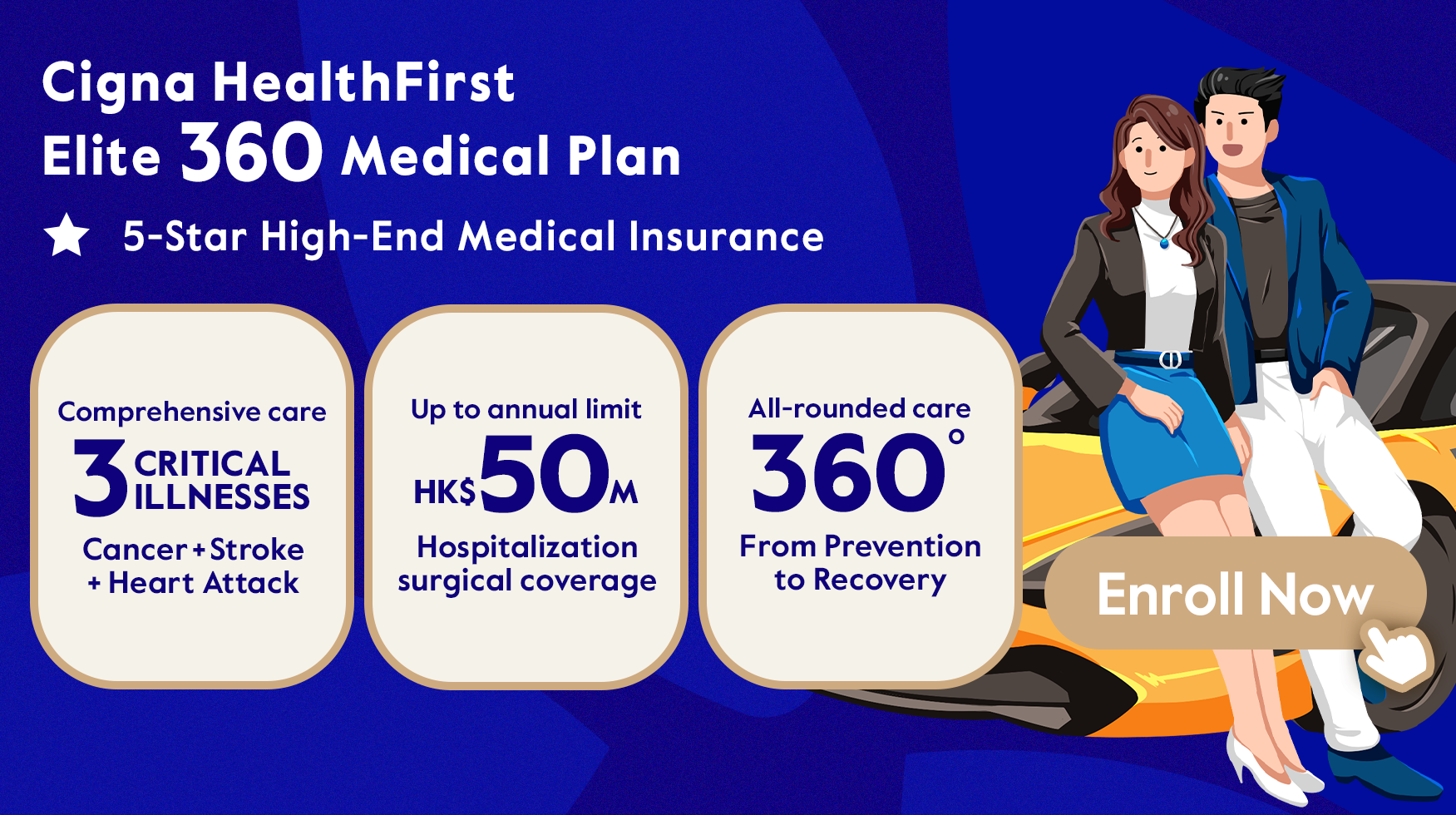Pancreatic cancer is responsible for claiming the lives of almost 500 people in Hong Kong annually, and is the No.6 cancer killer in the city. Globally, pancreatic cancer is the 12th most common cancer.
The causes of pancreatic cancer
The causes of pancreatic cancer remain unknown. But there are known risk factors for this cancer. While some of the risk factors are within control, some others are not -- for example, one’s age, race and family history.
Pancreatic cancer symptoms
It is common that early pancreatic cancers do not display any signs. And many symptoms that may appear in a later stage are likely to be caused by other conditions. Nevertheless, should you notice any of these symptoms, it is important that you seek medical advice.
- Jaundice
- Abdominal or Back Pain
- Loss of Weight and Appetite
- Nausea and Vomiting
- Enlarged Gallbladder or Liver
- Blood Clots
Pancreatic cancer staging
The TNM staging system is often used for pancreatic cancer:
- T (Tumour) - T0-4 - the higher the number, the bigger the tumour.
- N (Node) - N0 means no cancer is found in nearby lymph nodes. N1 or N2 means the cancer has spread to nearby lymph nodes.
- M (Metastasis) - M0 means no cancer has spread to other body parts. M1 means the cancer has spread to other body parts.
Below describes the stages of pancreatic cancer and how each stage affects different parts of your body.
- Stage 0: Carcinoma in situ stage (Tis, N0, M0).
- Stage I: A small tumor confined to the pancreas, the size of tumor can be 2cm or smaller (T1, N0, M0), or larger than 2cm(T2, N0, M0).
- Stage II: The tumor has extended to nearby tissue and organs or lymph nodes near the pancreas(T3, N0, M0 or T1/T2/T3; N1, M0).
- Stage III: The cancer has spread to major blood vessels near the pancreas; it may have spread to nearby lymph nodes (T4, Any N, M0).
- Stage IV: The cancer has spread to distant organs, commonly lung and liver. (Any T, Any N, M1).
How to prevent pancreatic cancer
Addressing risk factors that are within one’s control helps prevent one from developing pancreatic cancer.
- Smoking - Smokers are twice as likely to get pancreatic cancer compared to non-smokers.
- Excessive Weight - Obese people are approximately 20% more likely to get pancreatic cancer. Adults who gain weight also see a higher risk.
- Diabetes - Diabetes is associated with a higher risk of pancreatic cancer. This is especially true for those who suffer from Type 2 diabetes as research suggests 80% of pancreatic cancer patients are also diagnosed with new-onset Type 2 diabetes.
- Chronic Pancreatitis - Chronic pancreatitis, which is often linked to heavy alcohol consumption and smoking, increases the risk of pancreatic cancer.
- Exposure to Chemicals - Regular exposure to some chemicals that are often used in the dry cleaning and metal-related industries may increase one’s risk of developing pancreatic cancer.
- Healthy Diet - A diet with more vegetables, fruit and low animal fat content may help lower the risk.
Pancreatic cancer treatment options
Depending on the stage of the cancer, the patient’s age, health conditions and preference, treatment options include:
- Surgery
- Radiotherapy
- Chemotherapy
- Target Therapy
- Palliative Treatment
- Pain Treatment
Cigna HealthFirst Elite 360 Medical Plan offers comprehensive and personalized medical coverage across the stage prevention, diagnosis, treatment and recovery, with a range of hospital and surgical benefits, optional insurance benefits with an annual limit of up to HK$50 million, personalized health assessment, three critical illnesses(cancer, stroke and heart attack) all-rounded care and international medical concierge service. A 360-degree total health protection that spans across all the key stages of your health journey. Learn more here.
Sources:
- Hospital Authority - Pancreatic Cancer
- World Cancer Research Fund - Pancreatic cancer statistics
- Cancer Org - Pancreatic Cancer Risk Factors
- Cancer Org - Signs and Symptoms of Pancreatic Cancer
- Cancer Council - Pancreatic Cancer
- Hopkins Medicine - Pancreatic Cancer Stages
- NCBI - Diabetes Type 2 and Pancreatic Cancer: A History Unfolding


